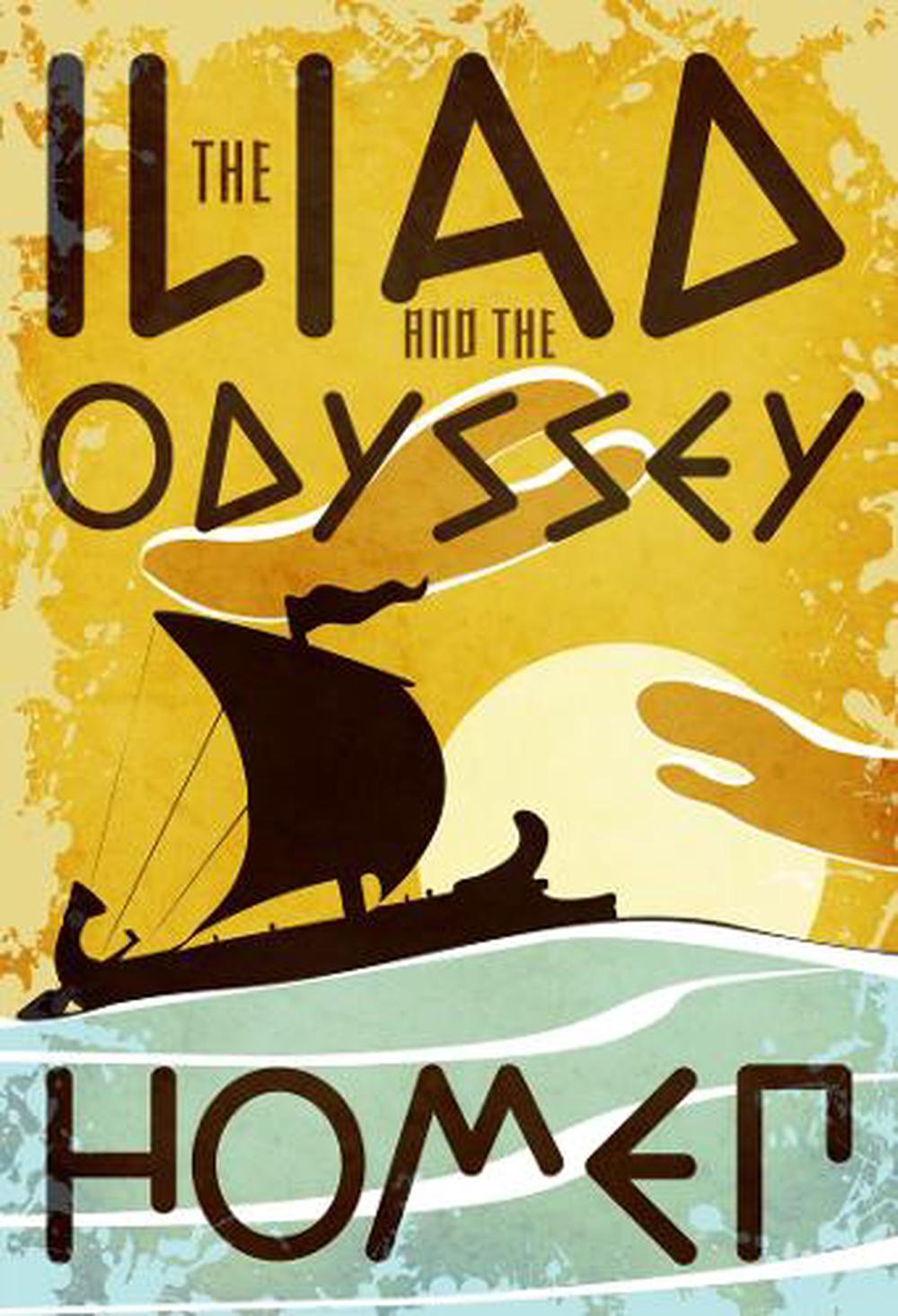

18.607–8, the Ocean encircles Achilles’ shield, while at Il. As Hunter points out, the image is drawn from ‘Homer himself’ at Il.

The most famous of such images is that of ‘the poet as the encircling Ocean from which all rivers and seas derived’ (2). Whereas for other ancient Greek authors (and people at large) place of birth was a foundational feature of identity, the Proclan Life of Homer (5 West) calls Homer ‘a citizen of the world’ (κοσμοπολίτης), while Antipater of Thessalonica claims that ‘the broad heaven was fatherland, and no mortal woman gave him birth’ ( AP 296.7–8 = GP 479–80). Moreover, a specific vocabulary was wrought to express Homer’s extraordinary status and achievement. Homer’s world-encompassing power was expressed by the sheer number of places that claimed him as their own, and ‘the fact that potential “homes” for Homer expanded as the Greek world did … shows just how extraordinary Homer’s “universality” was felt to be’ (1). Richard Hunter clarifies the stakes at the outset by looking at a series of ancient responses to Homer which emphasize his recalcitrance to being measured in conventional terms. How might one go about taking the measure of Homer? 1 Even when, as in this book, confined to how (mainly Greek) antiquity valued its most important author, the question ramifies intimidatingly.


 0 kommentar(er)
0 kommentar(er)
